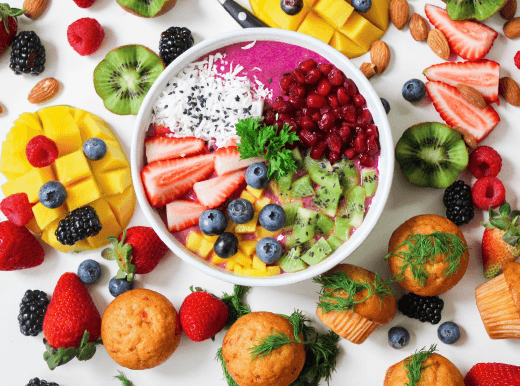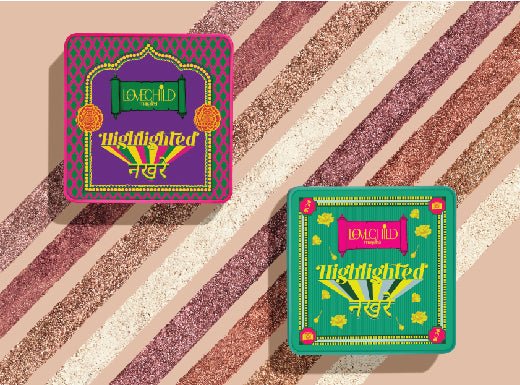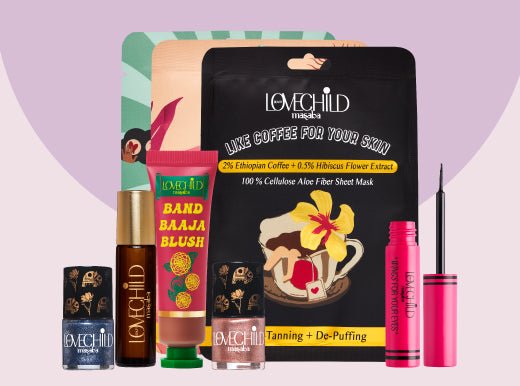There are about a zillion advisory articles on the web - including this one, but very few will tell you that at the end of the day, it’s important to know which foods and routines suit your body best. There’s nothing like ‘1 diet fits all.’ Regarding diet practices and routines, it’s best to understand your body better and choose to continue with a regime based on the foods that suit you as per your digestion, hormones, deficiencies (if any), allergies etc.
WAKE UP

What you put in your body first thing in the morning determines how you feel in the day. Aka ‘morning water therapy’ when you have around 2 liters of water on an empty stomach, it promotes better nutrition absorption, purifies the colon, increases metabolism of the body to burn calories faster - improves skin complexion & immunity. All in all, liquids are the best way to break a fast. A celery, pineapple, cucumber, ginger, lemon juice after 2 l. water is a great idea too! Post this you can also consume overnight soaked almonds and walnuts which are good for skin & general health. Roasted flax seeds, sunflower seeds, pumpkin seeds are great sources of fiber. They also contain healthy monounsaturated fats, polyunsaturated fats and many important vitamins, minerals and antioxidants.

SATISFY THE CRAVINGS
Cravings are natural, and it’s best to accept them as a part of life rather than hating on them! The more you push it, the more they’ll haunt you. To satiate sugar cravings without the guilt, you can chomp on your favourite fruit. Even if it’s high in sugar, it’ll do less damage than a cupcake! Another trick to satiate sugar craving, is to have a protein heavy meal. As bizarre as it sounds, a protein-rich meal can actually slow down the absorption of sugar and prevent glucose spikes, which, in turn, reduces your sugar cravings.

SWAP YOUR MEALS SMARTLY
Instead of a carb-heavy breakfast, paya soup is a great substitute. Paya is a culinary legacy that evolved through the eras of the nizams & kings. This bone broth is a storehouse of vitamins and nutrients like iron, zinc, magnesium, calcium and collagen. Paya also protects joints, reduces inflammation and even aids sleep quality. It especially helps if you’re practicing ‘intermittent fasting’ given its nutritional value. You can also swap dinner for a soup - like a cauliflower soup with pepper, broccoli & pea soup with herbs, that also fills you up. Also, the timing of consuming certain foods is very important. For eg. Dates when consumed before working out helps convert fat to muscle, but is not as effective if its had post workout.

NATIVE AND SEASONAL IS BEST
As much as we obsess about kale, arugula, edamames, and asparagus, our native, Indian thali is not to be looked at demeaningly. It’s designed specifically to take care of all our nutritional needs. Also, it’s important to consume fruits and veggies that are native and seasonal to the region. For eg. If you’re in Mumbai and it’s May, it’s advisable to consume mangoes because the high fructose content in the fruit keeps you energetic in spite of the scorching heat. In this manner, each fruit & vegetable has a certain benefit and must be consumed when it is its season. Likewise, even fried food like bhajiyas are okay to be consumed during monsoons as it kills all the bacteria that might be in food. Listen to your body, as it asks for particular foods for a reason. You can have tilgul ladoos (sesame seed & jaggery balls) which are pretty healthy and best during winters as it produces heat in the body to keep you warm. Ayurveda suggests having your dessert before meals instead of after, as it secretes digestive enzymes. Having it after the meal, would only make your crave more sugar and you feel bloated.

FOR BETTER DIGESTION & SLEEP QUALITY
Light, watery chhaas (buttermilk) goes a long way to take care of the ‘after-lunch bloat.’ Eggs, fish, and legumes release high amounts of melatonin that could help you sleep like a baby. To avoid acidity, you can consider consuming pistachio, lemon tea or hot water with ajwain (carom seeds) or bananas.

REGULAR CHECK-UPS
Get your blood tested every 6 months to check for any deficiencies or abnormalities. Also, always remember that all vitamins are connected. If you are deficient in vitamin B, there are high chances you’re also deficient in B12 as the body is incapable of storing it. The only solution to this is to have balanced meals and stay active, each day. Don’t deprive your body of anything that you’ve to medicate yourself for, eventually.







 Lips
Lips Face
Face Eyes
Eyes Nails
Nails

 100ML EDP
100ML EDP 50ML EDP
50ML EDP

 Bath & Body
Bath & Body Mothercare
Mothercare

 Sunscreen
Sunscreen Essential Oils
Essential Oils Makeup Remover
Makeup Remover Under Eye Roll On
Under Eye Roll On

 Make Your Own Combo
Make Your Own Combo Value Sets
Value Sets

 Lipstick Shade Finder
Lipstick Shade Finder Serum Tint Shade Finder
Serum Tint Shade Finder Foundation Shade Finder
Foundation Shade Finder Concealer Shade Finder
Concealer Shade Finder BB Cream Shade Finder
BB Cream Shade Finder Compact Shade Finder
Compact Shade Finder













